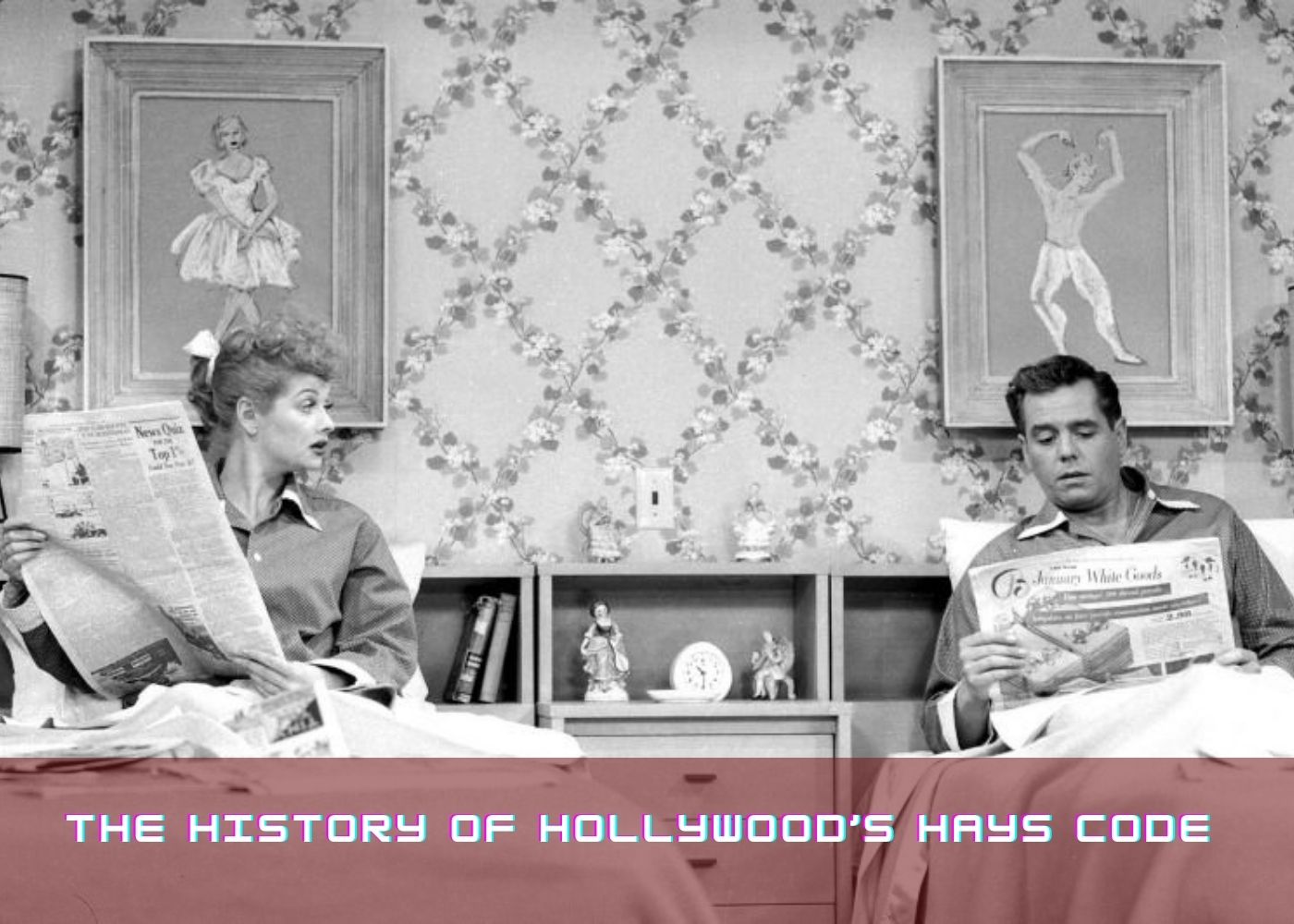During the mid-twentieth century, filmmakers had to adhere to a set of principles known as the Hays Code to get the approval of the Motion Picture Producers and Distributors of America (MPPDA). Learn more about the Hays Code, including what is prohibited and when it was repealed.
What Was the Hays Code?
The Hays Code, or Motion Picture Production Code, restricted the American cinema industry in the mid-twentieth century. The Motion Picture Producers and Distributors of America (MPPDA)—now known as the Motion Picture Association of America (MPAA)—instituted the Hays Code, which required filmmakers to follow its broad principles in order to get a seal of approval.
The Hays Code regulated and prohibited a wide range of issues during Hollywood's Golden Age. Nudity, scenes of passion, lustful kissing, references to venereal illnesses, profanity, crime depicted positively, disdain for religion or the law, sexual perversion (code for homosexuality), and miscegenation (interracial partnerships) were among the topics covered. After multiple movie star scandals, studios adopted the Hays Code to avoid government regulation and repair Hollywood's public image.
A Quick History of Hollywood’s Hays Code.
During the twentieth century, the Hays Code had a significant impact on Hollywood films.
1. Self-censorship and pre-code Hollywood
The United States Supreme Court ruled in 1915 that films were not protected as free speech under the First Amendment. Hollywood studios decided to write their censorship code rather than allowing states or the federal government to oversee films. Will H. Hays, the former Postmaster General, was engaged by these studios to lead the self-censorship effort. Hays and his committee of major studio executives compiled a "Don'ts and Be Carefuls" list in 1927, which included a list of topics that the film industry should avoid or approach with caution.
2. The Hays Code was officially approved and enforced in 1930 by the major studios
The MPPDA, sometimes known as the Hays office, was in charge of enforcing the code, but it was ineffectual since it lacked the power to compel studios to remove content. The Hays office changed its standards and established the Production Code Administration (PCA) in 1934, which mandated that all new films be approved before being released. On several films, including Casablanca, Joseph Breen commanded the PCA on and off from 1934 until 1954 as a successful enforcer of the Hays Code (1942). Betty Boop's attire was changed from a flapper dress to an old-fashioned dress using the Hays Code.
3. Filmmakers devised innovative ways to work around the Hays Code, which they called "the miracle decision."
The word "damn" was used in Gone with the Wind in 1939, which was allowed by the Hays administration because it was included in the original text. Filmmakers like Otto Preminger consistently questioned the code, mocking it at times. Without the PCA's clearance, Billy Wilder's Some Like it Hot (1959) was a box office success. The Supreme Court overturned its 1915 decision in 1952, granting movies the right to free speech.
The Hays Code lost legal support after this "miracle decision," as it became known.
Loss of power and replacement: In 1968, the MPPDA dropped the Hays Code in favour of the MPAA film rating system, which is still in use today, following the Miracle Decision and other Supreme Court decisions.
What Is the History of the "Hays Code"?
After Will H. Hays, the Motion Picture Production Code is known as the Hays Code. From 1922 through 1945, Hays served as the founding president of the Motion Picture Producers and Distributors of America. The code is also known as the Breen Code, after Joseph Breen, the principal enforcer of the Hays Code.
Why Is the Hays Code No Longer in Use?
The Hays Code's impact on the motion picture business waned as time went on. The Hays Code struggled to maintain control because of the rise of television, the censorship board's lack of jurisdiction over international films, and industry backlash. The Hays Code could no longer successfully enforce its censorship without legal support from the courts. The MPPDA had no choice but to phase out the Hays Code in favour of a new rating system.
Follow Filmdistrict Dubai, a prominent Production House in Dubai that specializes in Film Equipment Rental Dubai, Audio Visual Rental Dubai, Photo Booth Rental Dubai, and Camera Rental Dubai, for more interesting and useful material like this.







